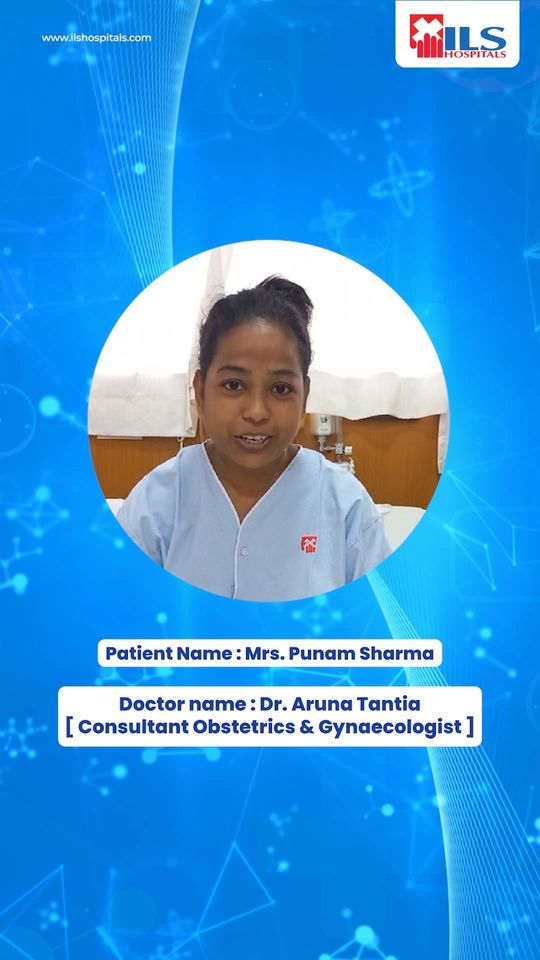Epilepsy Treatment
Epilepsy is a chronic disorder that produces frequent seizures as a result of aberrant electrical signals generated by damaged brain cells. A seizure is caused by an uncontrolled burst of electrical activity within brain cells. Seizures can cause changes in your consciousness, muscle control (twitch or jerk), sensations, emotions, and behavior. Epilepsy is sometimes known as a seizure disorder.
Symptoms
The primary symptom of epilepsy is recurrent seizures. Your symptoms, however, will differ based on the type of seizure you have. Seizure symptoms include:
- Temporary lack of awareness or consciousness.
- Uncontrolled muscle movements, jerking, and loss of muscle tone.
- Blank stare or “staring into space” expression.
- Temporary confusion, slowed thinking, and difficulties communicating and understanding.
- Changes in hearing, vision, taste, smell, and sensations of numbness or tingling.
- Problems communicating or understanding.
- Upset stomach, hot or cold flashes, goosebumps.
- Lip-smacking, chewing motions, rubbing hands, and finger movements.
- Psychic symptoms include fear, dread, anxiety, and déjà vu.
- Rapid heart rate and/or breathing.
Most people with epilepsy have the same type of seizure and thus experience similar symptoms with each one.
Causes
In the majority of cases (up to 70%), the cause of seizures is unknown. The known causes include:
- Genetics.
- Mesial temporal sclerosis.
- Head injuries.
- Brain infections.
- Immune disorders.
- Developmental disorders.
- Metabolic disorders.
- Brain conditions and brain vessel abnormalities.
Diagnosis
Epilepsy is defined as having two or more seizures that are not caused by a known medical condition, such as alcohol withdrawal or low blood sugar. Before making a diagnosis, your healthcare provider (or epilepsy specialist) will do a physical examination, obtain your medical history, and maybe order blood tests. They may ask about your symptoms during the seizure and perform additional testing.
Your healthcare provider will ask you or a family member (who witnessed the seizure) if you experienced any of the following during the seizure:
- Muscle jerks.
- Muscle stiffness.
- Lack of bowel or bladder control (you peed or pooped during the seizure).
- Change in breathing pattern.
- Skin color became pale.
- Had a blank expression.
- Lost consciousness.
- Had difficulty communicating or comprehending what was said to you.
Tests
Tests include electroencephalography (EEG) and brain scans.
Treatment
Epilepsy treatments include anti-seizure medications, special diets (which are usually used in conjunction with anti-seizure medications), and surgery.
Prevention
Although many causes of epilepsy are beyond your control and unpreventable, you can lower your risk of developing a few conditions that may lead to epilepsy, such as:
- Reduce your risk of traumatic brain injury.
- To reduce your risk of stroke.
- Seek therapy for substance abuse.
Conclusion
Epilepsy is a complex condition that affects millions of individuals, but it is rarely discussed and widely misunderstood. People with epilepsy can look forward to a brighter future if research, medicines, and awareness continue to advance. Whether you have epilepsy, are a caregiver, or simply want to learn more, your understanding and compassion can make a big difference.








































